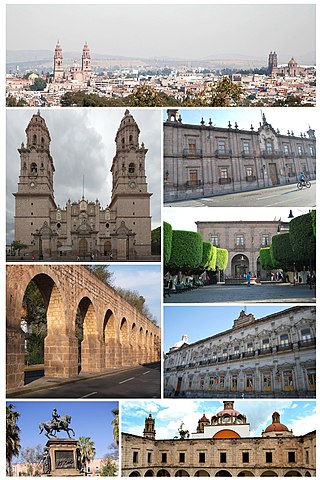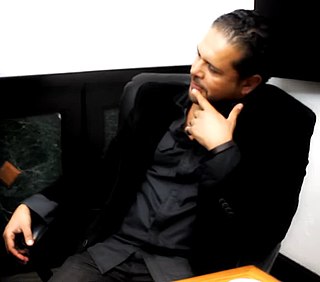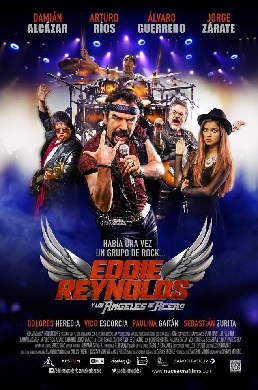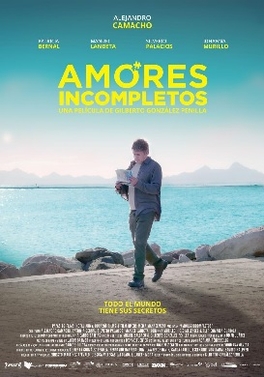
Morelia is a city and municipal seat of the municipality of Morelia in the north-central part of the state of Michoacán in central Mexico. The city is in the Guayangareo Valley and is the capital and largest city of the state. The main pre-Hispanic cultures here were the Purépecha and the Matlatzinca, but no major cities were founded in the valley during this time. The Spanish took control of the area in the 1520s. The Spanish under Viceroy Antonio de Mendoza founded a settlement here in 1541 with the name of Valladolid, which became rival to the nearby city of Pátzcuaro for dominance in Michoacán. In 1580, this rivalry ended in Valladolid's favor, and it became the capital of the viceregal province. After the Mexican War of Independence, the city was renamed Morelia in honor of José María Morelos, who hailed from the city. In 1991, the city was declared a UNESCO World Heritage Site for its well-preserved historical buildings and layout of the historic center. It is tradition to name people born on September 30 after the city.
Micro Chips was a Mexican children's rock music group active from 1987 to 1993.

Manuel Ávila Camacho was a Mexican politician and military leader who served as the President of Mexico from 1940 to 1946. Despite participating in the Mexican Revolution and achieving a high rank, he came to the presidency of Mexico because of his direct connection to General Lázaro Cárdenas and served him as a right-hand man as his Chief of his General Staff during the Mexican Revolution and afterwards. He was called affectionately by Mexicans "The Gentleman President". As president, he pursued "national policies of unity, adjustment, and moderation." His administration completed the transition from military to civilian leadership, ended confrontational anticlericalism, reversed the push for socialist education, and restored a working relationship with the US during World War II.

Charro, in Mexico, is historically the horseman from the countryside, the Ranchero, who worked on the haciendas and rural areas performing all his tasks on horseback, working as vaqueros and caporales, among other jobs. He was renowned for his superb horsemanship, for his skill in handling the lasso, and for his unique costume designed especially for horseback riding. Today, this name is given to someone who practices charreada, considered the national sport of Mexico which maintains traditional rules and regulations in effect from colonial times up to the Mexican Revolution.

Charrería is a sport and discipline arising from equestrian activities and livestock traditions used in the haciendas of old Mexico.
Gus Reyes is a Mexican musician and composer focused on film scoring.

Ixtapaluca is a city and a municipality in the eastern part of the State of Mexico in Mexico. It lies between Mexico City and the western border of the state of Puebla. The name Ixtapaluca means "Where the salt gets wet".

Alma de hierro is a Mexican telenovela produced by Giselle González and Roberto Gómez Fernández for Televisa in 2008. It is a remake of the Argentinian production Son de Fierro with the characters' names rewritten and adapted to the Mexican audience.
Events in the year 1955 in Mexico.
Events in the year 1993 in Mexico.
This is a list of events that happened in 2015 in Mexico. The article also lists the most important political leaders during the year at both federal and state levels.
La sombra del otro is a Mexican telenovela produced by Julissa and Giselle González Salgado for Televisa. It premiered on Canal de las Estrellas on May 27, 1996 and ended on Friday, August 16, 1996.

El más buscado is a 2014 Mexican crime film, directed and written by José Manuel Cravioto. The film was also released as Mexican Gangster: La Leyenda del Charro Misterioso and is based on the life of Alfredo Ríos Galeana, a real life bank thief, considered the most prolific thief in the history of Mexico. The film stars Tenoch Huerta as Ríos Galeana and shows his assaults, personal relationships and his career singing as a mariachi.

Marco Pérez is a Mexican actor and writer. He began his artistic career working in experimental theater in Jalisco. After moving to Mexico City he was cast as Ramiro in the film Amores perros directed by Mexican filmmaker Alejandro González Iñárritu in 2000. Pérez has worked extensively on TV series, including Capadocia (2010), El 8° Mandamiento (2011), El Señor de los Cielos (2013), Señora Acero (2014), Caminos de Guanajuato (2015), and the El Señor de los Cielos spin-off El Chema (2016).

The 60th Ariel Awards ceremony, organized by the Mexican Academy of Film Arts and Sciences (AMACC) took place on June 5, 2018, at the Palacio de Bellas Artes in Mexico City. During the ceremony, AMACC presented the Ariel Award in 26 categories honoring films released in 2017. The ceremony was televised in Mexico by Canal 22.

Fernando Llanos is a Mexican artist, writer, curator, producer, musician, and teacher. He works experimental art mainly with drawing and video and in the recent years he is focused on cinematography.

Plaza Patria is the fourteenth station of Line 3 of the Guadalajara Urban Electric Train System from south-east to north-west, and the fifth in opposite direction.

Eddie Reynolds y los ángeles de acero is a 2014 Mexican romantic comedy directed by Mario Muñoz and written by Moheno, Carlos Enderle & Angel Pulido. Starring Damián Alcázar & Arturo Ríos.

Incomplete Lovers is a 2022 Mexican comedy-drama film written and directed by Gilberto González Penilla. Starring Alejandro Camacho. It is about the journey of a 65-year-old man through the Baja California peninsula in search of his dead wife's lovers.

González: falsos profetas is a 2013 Mexican thriller film directed by Christian Díaz Pardo and written by Pardo & Fernando del Razo. Starring Harold Torres and Carlos Bardem. The film was named on the shortlist for Mexico's entry for the Academy Award for Best Foreign Language Film at the 87th Academy Awards, but it was not selected.














